25 Famous Band Members Who Tried Going Solo—and Didn’t Find the Success They Hoped For
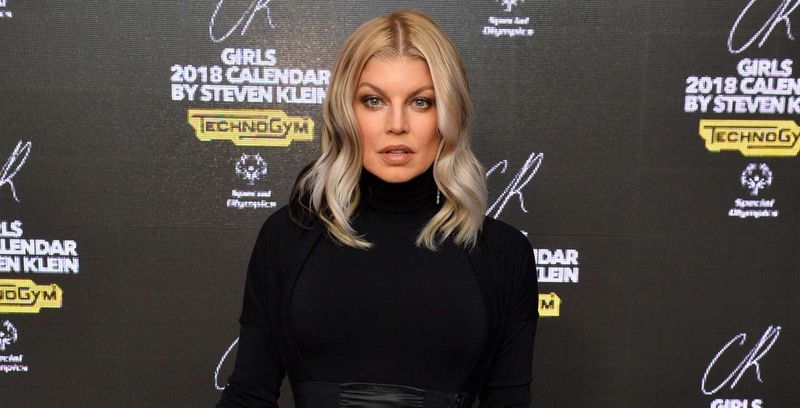
Leaving a successful band to go solo can be incredibly tempting. Many musicians dream of creative freedom and the spotlight all to themselves.
But for every Beyoncé or Justin Timberlake who soars to even greater heights, there are dozens of talented artists whose solo careers never quite took off. Here are 25 famous band members who took the leap into solo stardom but didn’t find the success they hoped for.
1. Nick Mason (Pink Floyd)
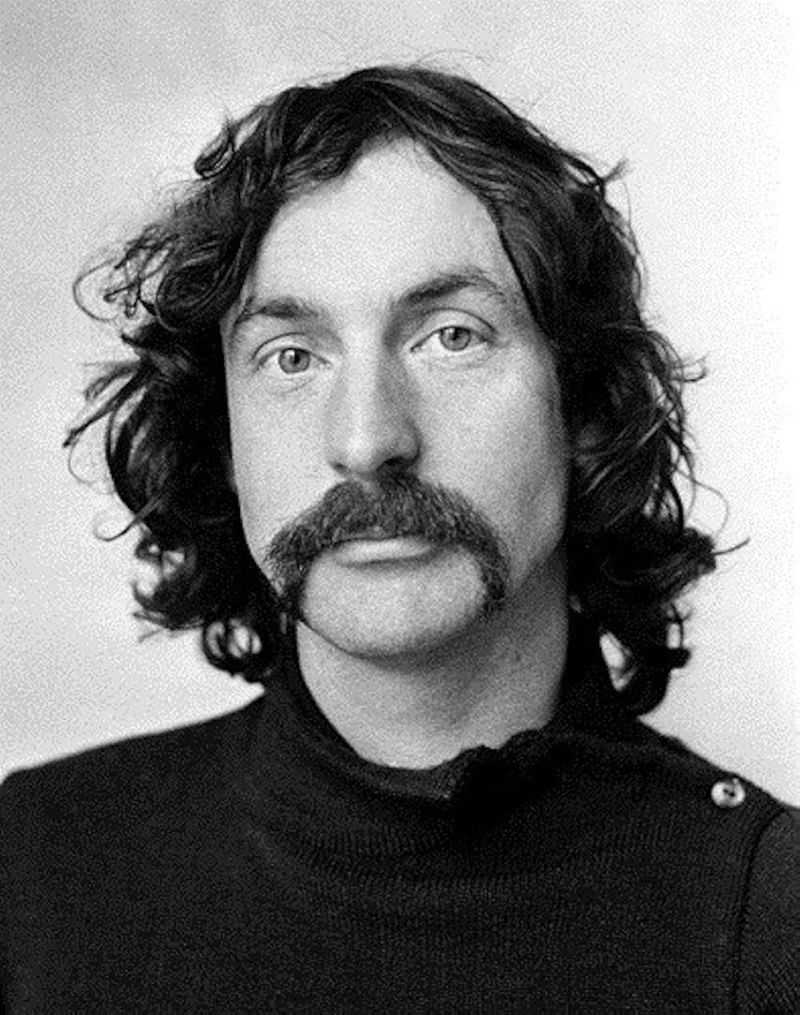
Behind the kit for one of rock’s most legendary bands, this drummer helped create albums that defined generations. Pink Floyd’s sound was cosmic, experimental, and absolutely massive in terms of sales and influence. Yet when it came time to step out on his own, the magic didn’t translate the same way.
Mason released solo albums that showcased his musical curiosity and willingness to experiment. Critics acknowledged his technical skills and creativity. However, the commercial response was muted compared to the stadiums Pink Floyd could fill effortlessly.
Without the iconic vocals of Roger Waters or David Gilmour’s guitar wizardry, his solo work remained a footnote. Fans respected his contributions to Pink Floyd but didn’t rush to buy his individual projects. His legacy remains firmly tied to the band rather than his solo endeavors, proving that sometimes the whole is greater than the sum of its parts.
2. Mick Mars (Mötley Crüe)
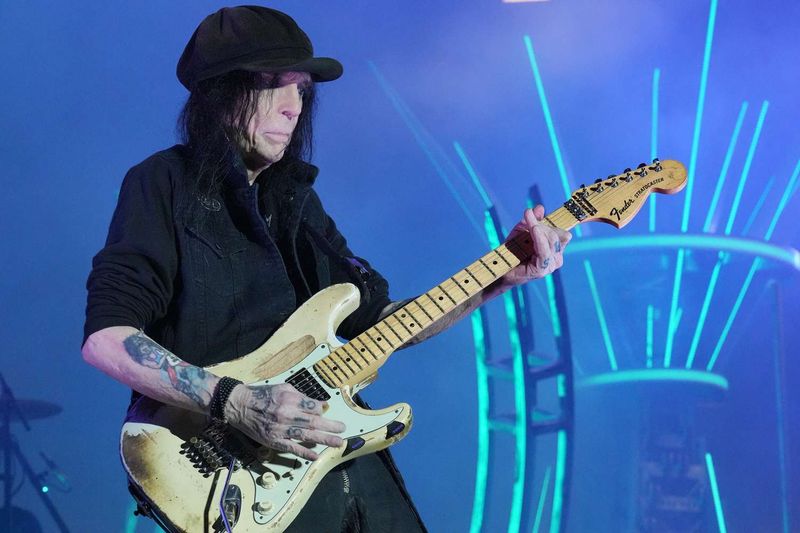
For decades, his guitar riffs powered one of the biggest glam metal bands in history. Mötley Crüe sold millions of albums and filled arenas worldwide with their wild antics and hard-hitting sound. When Mars finally announced his solo debut, rock fans were genuinely excited to hear what he’d create on his own terms.
The anticipation was real, but the results fell flat commercially. His solo album received some positive reviews from die-hard metal fans who appreciated his guitar work. Unfortunately, mainstream radio ignored it, and streaming numbers never reached impressive levels.
Part of the problem was timing and changing musical tastes. Another issue was the absence of the Mötley Crüe brand and the charisma of frontman Vince Neil. Mars proved he could shred with the best of them, but solo success requires more than technical skill—it demands star power and timing he couldn’t quite capture alone.
3. Steven Adler (Guns N’ Roses)
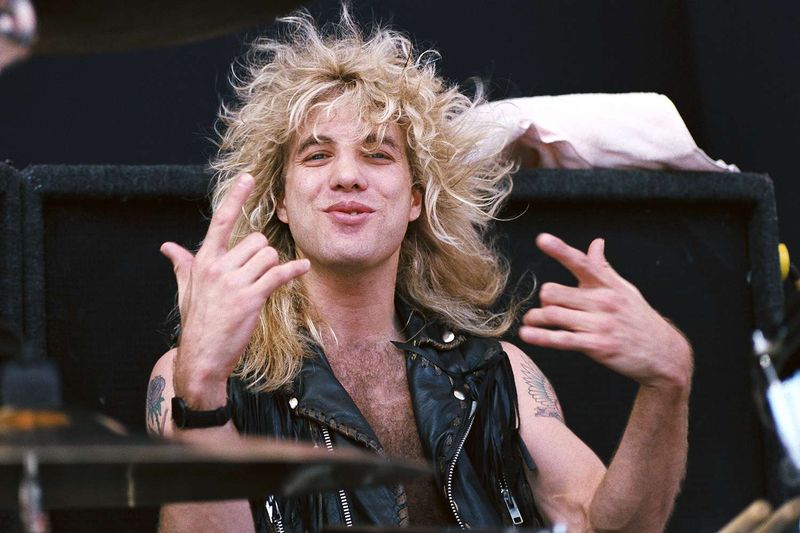
Explosive energy and a driving beat made him an essential part of one of rock’s most dangerous bands. Guns N’ Roses changed the music landscape in the late ’80s, and Adler’s drumming was a huge part of that raw power. After his departure from the band, many expected him to bounce back with a successful solo project.
Reality proved much harsher. He formed multiple bands and released various projects, but none gained significant traction. Personal struggles with addiction overshadowed his musical efforts, and the media focused more on his battles than his talent.
Critics and fans sympathized with his situation, but sympathy doesn’t translate to album sales. His attempts at a comeback were genuine, yet the magic of Appetite for Destruction couldn’t be recreated. Adler remains a cautionary tale about how quickly fortunes can change, even for someone who helped define an era of rock music.
4. Andy Taylor (Duran Duran)
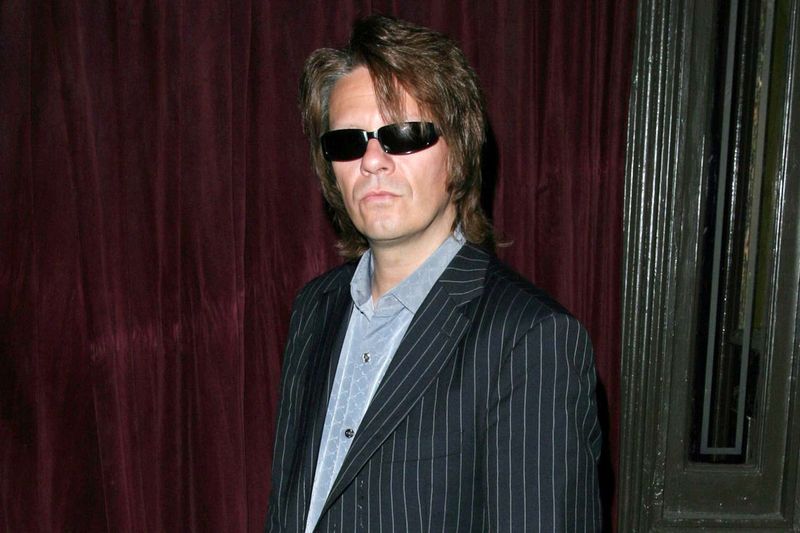
Slick guitar licks helped define the sound of new wave in the 1980s. Duran Duran was everywhere—MTV, radio, magazines—and their blend of pop and rock made them international superstars. Taylor’s guitar work added an edge to their polished sound, making hits like “Hungry Like the Wolf” unforgettable.
When he left the band, he wanted to pursue a harder rock direction. His solo albums leaned more toward straightforward rock rather than the synth-heavy pop Duran Duran was known for. Critics noted the shift, but audiences didn’t follow him in large numbers.
The major charts ignored his solo efforts, and radio stations didn’t pick up his singles. Fans of Duran Duran preferred the band’s complete package, not just the guitar. Taylor’s solo career proved that changing musical direction can alienate your existing fanbase without attracting a new one, leaving you stuck in the middle with limited success.
5. Tommy Stinson (The Replacements / Guns N’ Roses)

Respected by musicians and critics alike, this bassist played in two legendary bands that shaped alternative and hard rock. The Replacements were indie darlings, while Guns N’ Roses needed no introduction. Stinson’s musical credibility was never in question, and his talent was undeniable.
His solo albums showcased strong songwriting and a genuine artistic vision. Music journalists praised his work, calling it heartfelt and authentic. Unfortunately, critical acclaim didn’t translate into commercial success, and his albums remained underground favorites rather than mainstream hits.
The problem was audience reach. Alternative rock fans knew him, but casual listeners didn’t. His music stayed niche, appealing primarily to devoted fans of his previous bands.
Stinson never broke through to a wider audience despite his skills and reputation. His career illustrates that talent and respect within the industry don’t always guarantee popular success or financial rewards in the music business.
6. Glenn Tipton (Judas Priest)
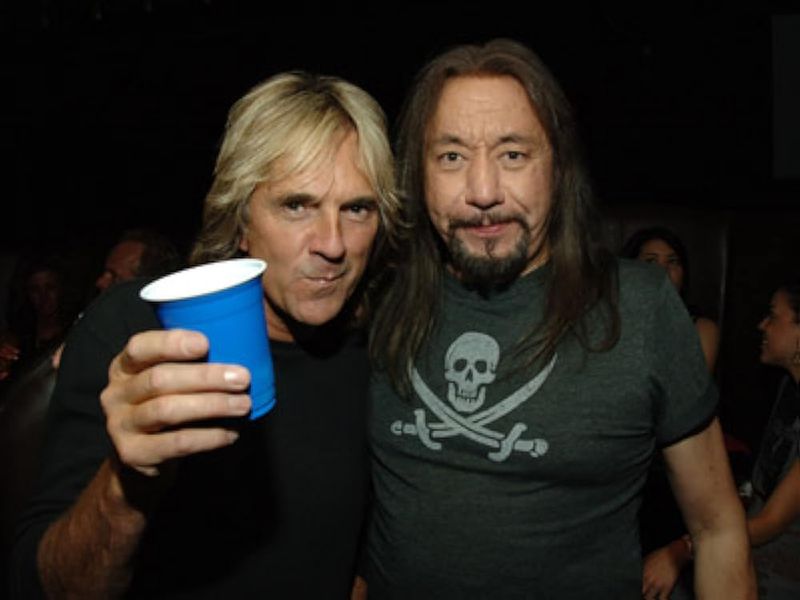
Twin guitar attacks and leather-clad stage presence made Judas Priest heavy metal royalty. Tipton’s shredding skills were legendary among metalheads, and his contributions to albums like “British Steel” and “Painkiller” cemented his place in rock history. Fans revered him as one of the genre’s greatest guitarists.
When he released solo material, expectations were high among the metal community. His album demonstrated technical proficiency and compositional skill. However, it failed to resonate widely, even within the metal fanbase that adored Judas Priest.
The issue was branding and context. Judas Priest was a complete package with Rob Halford’s iconic vocals and a powerful rhythm section. Tipton’s solo work, while competent, lacked that complete identity.
Metal fans wanted the full Judas Priest experience, not just one component. His solo effort became a collector’s item for completists rather than a landmark release, proving that even legends struggle outside their established framework.
7. David Lee Roth (Van Halen)
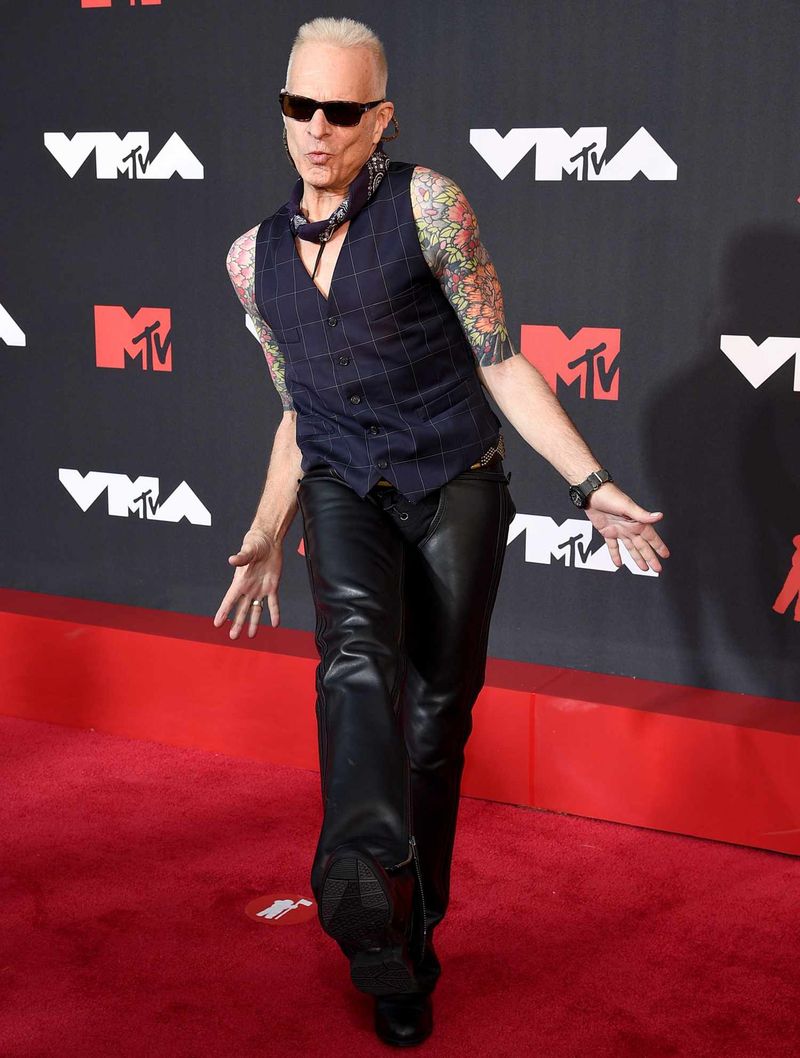
Charisma and acrobatic stage moves made him one of rock’s most entertaining frontmen. Van Halen dominated the ’80s with party anthems and Eddie Van Halen’s guitar wizardry. When Roth left for a solo career, his first albums actually did quite well, proving he could succeed independently.
His early solo work, especially “Crazy from the Heat,” showed promise with hits like “Just a Gigolo.” The ’80s treated him reasonably well. But as the ’90s arrived, musical tastes shifted dramatically, and grunge took over rock radio.
Roth’s flashy style seemed dated and out of touch with the new generation. His later albums sold poorly, and his attempts at staying relevant fell flat.
By the 2000s, his solo career had diminishing returns, and he eventually rejoined Van Halen. His story shows that even strong starts can fade when you can’t adapt to changing trends and audiences move on.
8. Mark Hoppus (Blink-182)

Catchy hooks and juvenile humor made Blink-182 the soundtrack of late ’90s and early 2000s youth. Hoppus co-wrote some of pop punk’s most memorable songs, and his bass lines and vocals were central to the band’s identity. Fans loved his witty lyrics and relatable personality.
Outside Blink-182, he tried various side projects and solo ventures, including the band +44. These projects had their moments and attracted some attention from dedicated fans. However, they never broke through to a broader audience or achieved mainstream radio play.
The issue was that Blink-182’s success came from the chemistry between all members, especially Hoppus and Tom DeLonge. Without that dynamic, the magic fizzled. His solo and side work remained interesting footnotes rather than major achievements.
Hoppus discovered that replicating the lightning-in-a-bottle success of Blink-182 was nearly impossible, even with his proven songwriting abilities and loyal fanbase supporting him along the way.
9. Kelly Rowland (Destiny’s Child)

Harmonizing alongside one of the biggest pop stars ever is both a blessing and a curse. Destiny’s Child sold millions of records and dominated the early 2000s R&B scene. Rowland’s voice was beautiful, and her talent was undeniable, earning respect from fans and industry professionals alike.
Her solo career produced some genuine hits, including “Dilemma” with Nelly, which topped charts worldwide. She released several albums that showcased her vocal range and artistic growth. Critics often praised her work, noting her skills as a performer and recording artist.
Unfortunately, she lived in Beyoncé’s enormous shadow, and comparisons were inevitable and constant. No matter how good her albums were, they never reached Beyoncé’s stratospheric sales or cultural impact.
Rowland remained successful by most standards, but the expectations were impossibly high. Her career demonstrates that being talented and respected doesn’t always translate to superstardom, especially when you’re constantly measured against one of the biggest stars in music history.
10. JC Chasez (NSYNC)

Many considered him the best vocalist in one of the biggest boy bands ever. NSYNC sold out arenas and moved millions of albums during their peak years. Chasez’s voice was powerful and technically impressive, and insiders expected him to have a successful solo career after the band went on hiatus.
His solo album “Schizophrenic” received critical praise for its experimental approach and vocal performances. Music reviewers appreciated his willingness to take risks and push boundaries beyond typical pop formulas. Industry professionals recognized his talent and artistic ambition.
Commercially, however, the album flopped hard. Radio stations didn’t play it, and fans didn’t buy it in significant numbers. Meanwhile, Justin Timberlake’s solo career exploded into superstardom, leaving Chasez in the dust.
The contrast was stark and painful. Chasez learned that critical acclaim and vocal ability aren’t enough—timing, marketing, and that indefinable star quality matter just as much in the pop music world.
11. Joe Perry (Aerosmith)
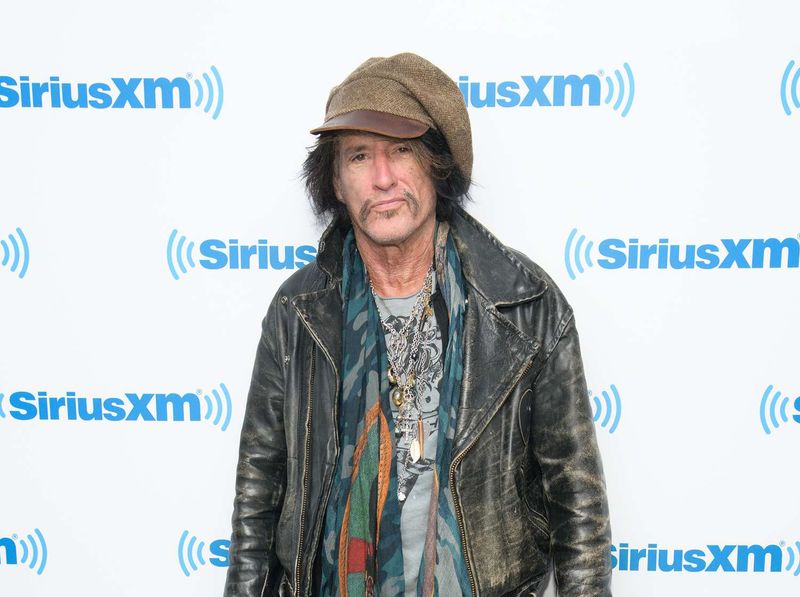
Riffs that defined American rock for decades came from his guitar. Aerosmith’s longevity and popularity made them one of the biggest rock bands in history, with hits spanning multiple generations. Perry’s guitar work was instantly recognizable and a huge part of their signature sound.
He released several solo albums throughout his career, showcasing his skills as a guitarist and songwriter. These albums had their moments and attracted attention from dedicated rock fans. Guitar magazines interviewed him, and fellow musicians respected his contributions to rock music.
Despite all this, his solo work was completely overshadowed by Aerosmith’s continued success and popularity. Fans preferred the complete Aerosmith package with Steven Tyler’s vocals and the band’s chemistry.
Perry’s solo albums became curiosities for completists rather than essential listening. His experience shows that even legendary musicians struggle to escape the shadow of their famous bands, no matter how talented or accomplished they are individually in the competitive music industry.
12. Kevin Richardson (Backstreet Boys)
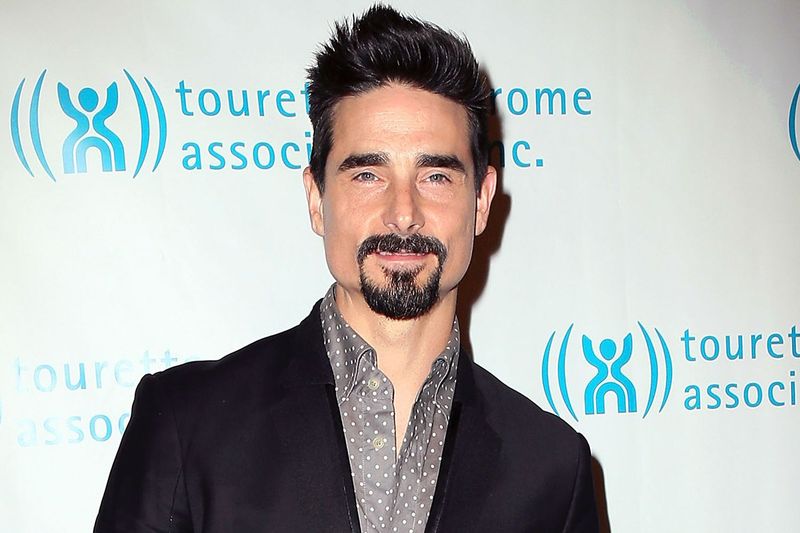
Deep vocals and a mature presence made him stand out in one of the best-selling boy bands of all time. The Backstreet Boys were a global phenomenon in the late ’90s and early 2000s, selling over 100 million records worldwide. Richardson’s voice added depth to their harmonies and helped define their sound.
When he pursued solo material, expectations were modest but hopeful among fans. His releases showcased a more adult contemporary style, different from the Backstreet Boys’ pop sound. He tried to establish himself as a serious artist with his own identity.
Unfortunately, his solo material flew completely under the radar, barely registering with the public or media. Radio stations ignored it, and even dedicated Backstreet Boys fans didn’t embrace it enthusiastically. The problem was that his identity was too tied to the group.
Without the Backstreet Boys brand and his bandmates, Richardson couldn’t capture attention. His solo career became virtually invisible, demonstrating how difficult it is for boy band members to establish independent identities outside their groups.
13. Melanie C (Spice Girls)

Athletic and vocally gifted, Sporty Spice was often considered the most talented singer in the group. The Spice Girls were a cultural phenomenon in the late ’90s, selling millions of albums and dominating pop culture worldwide. Melanie C’s powerful voice and sporty image made her a fan favorite.
Her early solo work actually found decent success, especially in the UK and Europe. Songs like “I Turn to You” and “Never Be the Same Again” charted well and received radio play. Critics praised her vocal abilities and noted her potential for a long solo career.
However, her success faded quickly from mainstream conversation, especially in the United States. Later albums didn’t perform as well, and she gradually slipped from the public eye. While she maintained a career in music, it never reached the heights of the Spice Girls’ peak.
Her story illustrates how initial solo success doesn’t guarantee long-term stardom, and maintaining momentum requires more than just talent and early wins.
14. A.J. McLean (Backstreet Boys)
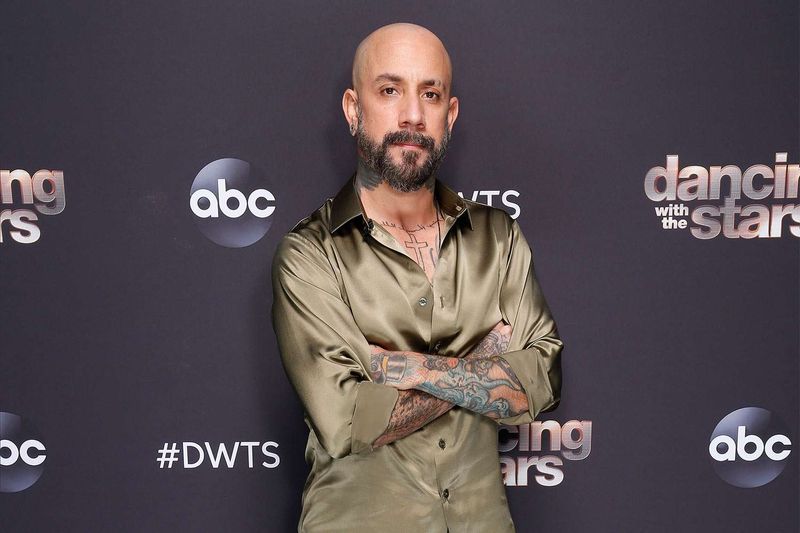
Edgy style and a powerful voice made him the “bad boy” of the Backstreet Boys. His vocal range was impressive, and he often took lead on some of their biggest hits. Fans adored his personality and stage presence, making him one of the most recognizable members.
When he released solo albums, the quality was solid, and his voice remained strong. Critics acknowledged his vocal talent and noted his attempts to establish a more mature, R&B-influenced sound. His performances showed genuine passion and commitment to his craft.
The problem was reach—his solo work never expanded beyond existing Backstreet Boys fans. New audiences didn’t discover him, and mainstream radio ignored his releases. Without the group’s brand power and marketing machine, McLean couldn’t break through.
His solo albums became niche products for dedicated fans rather than mainstream successes. McLean’s experience highlights how boy band members often struggle to find new audiences, remaining forever tied to their original fanbase regardless of their individual talents.
15. Wyclef Jean (Fugees)
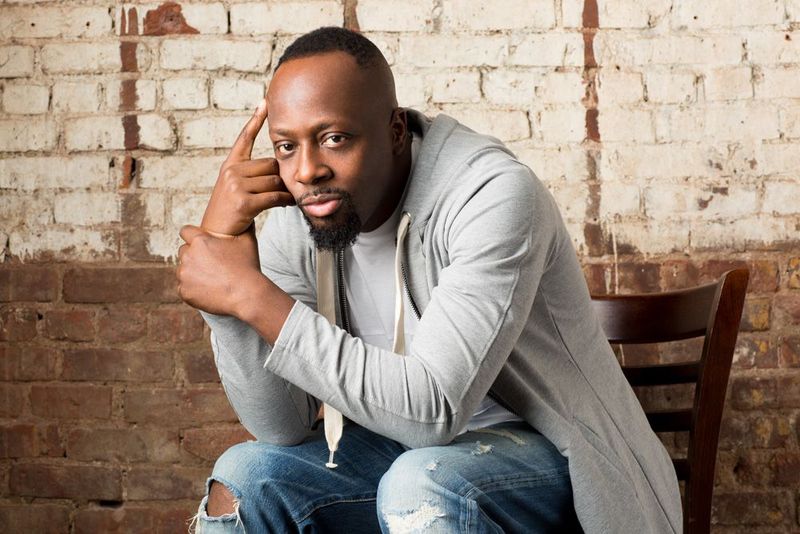
Blending hip-hop with Caribbean influences, he helped create one of the ’90s most important rap albums. The Fugees’ “The Score” was a cultural milestone, selling millions and earning critical acclaim. Wyclef’s production skills and unique musical approach were central to their success.
His early solo career actually started strong, with hits like “Gone Till November” and collaborations with major artists. His first albums sold well and received significant radio play. He seemed poised to become one of hip-hop’s major solo stars.
However, his later solo work lacked the cultural impact and commercial success of his Fugees era. Albums became increasingly inconsistent, and his attempts to recapture that magic fell short. Controversies and questionable decisions also damaged his reputation.
By the 2010s, his relevance had faded significantly. Wyclef’s career shows that a promising start doesn’t guarantee lasting success, and maintaining cultural relevance requires consistent quality and smart decision-making over many years in the music business.
16. John Taylor (Duran Duran)
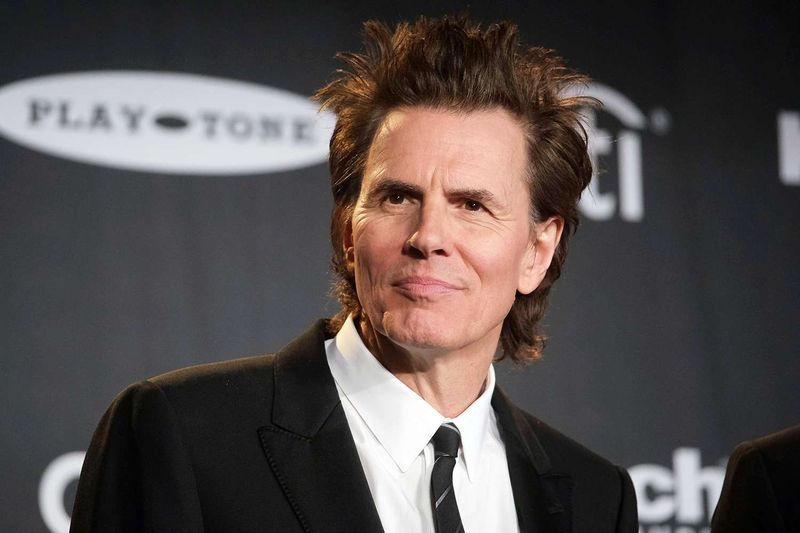
Stylish bass lines and model good looks made him a teen idol during the MTV era. Duran Duran’s sophisticated pop-rock sound dominated the ’80s, and Taylor’s bass playing was a crucial element. Magazines featured him constantly, and fans screamed his name at concerts worldwide.
His solo releases attempted to showcase a different side of his musical personality. Critics noted his efforts to establish an identity separate from Duran Duran’s glossy image. He worked with various producers and tried different musical styles.
Unfortunately, his solo releases struggled to chart and drew very little attention from the public or media. Radio stations didn’t play his singles, and even dedicated Duran Duran fans showed limited interest. The problem was that his appeal was tied to the complete Duran Duran package—the look, the sound, the videos.
Without that context, Taylor couldn’t capture the public’s imagination. His solo career became virtually invisible, proving that teen idol status doesn’t automatically translate to solo success or independent artistic credibility in the music world.
17. Joey McIntyre (New Kids on the Block)
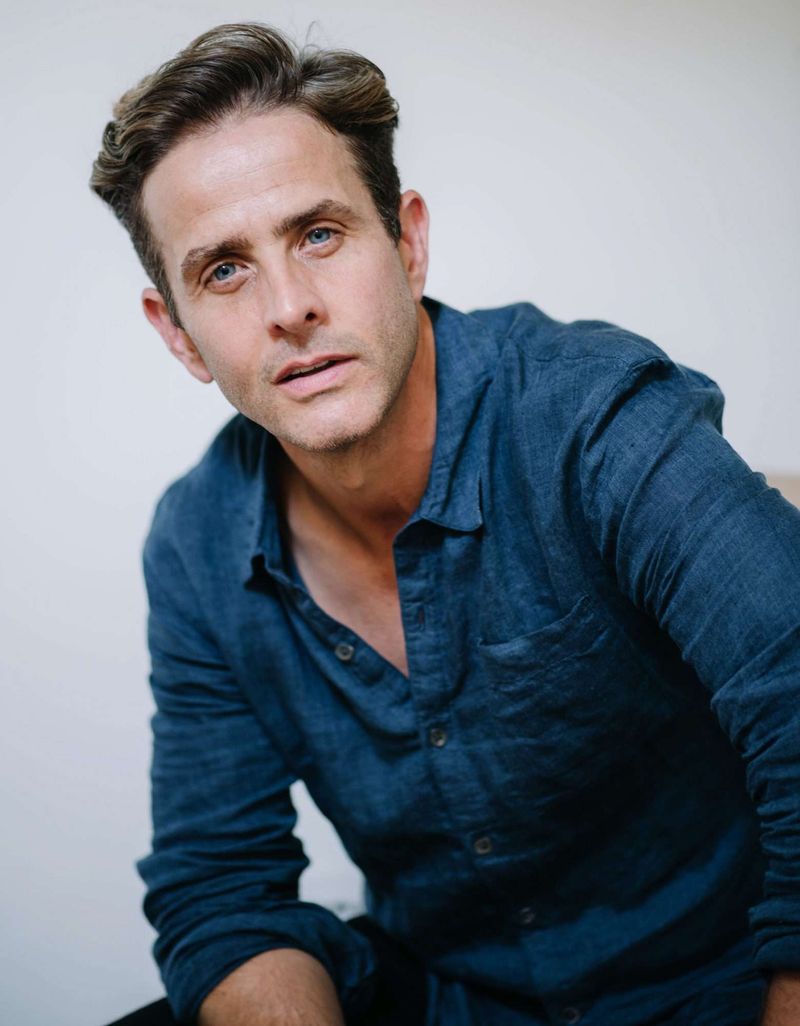
As the youngest member of New Kids on the Block, his boyish charm won millions of hearts. The group was a massive phenomenon in the late ’80s and early ’90s, selling out arenas and moving millions of albums. McIntyre’s youth and vocals made him a standout member.
His solo attempts explored adult contemporary and pop styles, trying to mature beyond his boy band image. He released several albums and even ventured into Broadway and acting. His efforts showed genuine ambition and a desire to be taken seriously as an all-around entertainer.
Despite these efforts, his solo music career didn’t break through to mainstream success. Albums received limited promotion and minimal radio play. Audiences seemed unable to separate him from his New Kids identity, and newer pop fans didn’t discover him.
McIntyre found more success in theater than music, suggesting his talents were better suited elsewhere. His career illustrates that escaping a boy band image is incredibly difficult, even with talent and determination to reinvent yourself completely.
18. Roger Taylor (Queen)
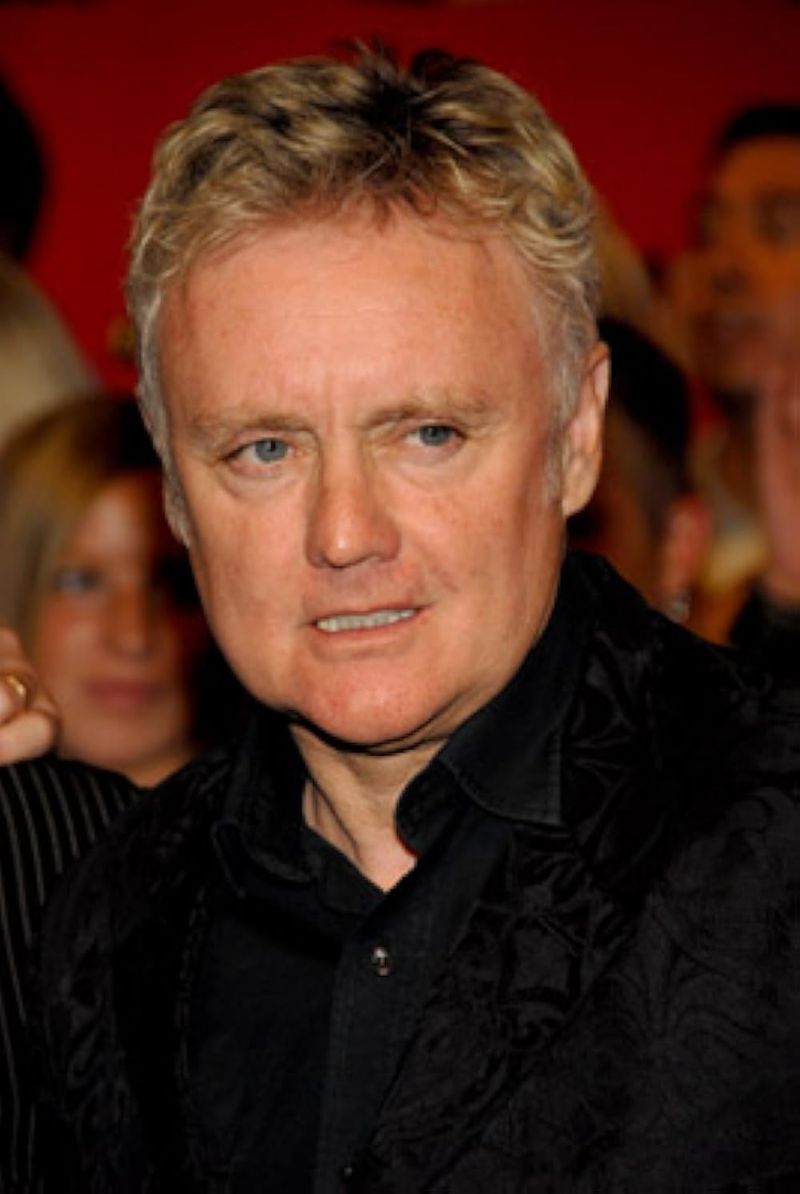
Powerful drumming and high harmonies helped create some of rock’s most iconic songs. Queen’s theatrical approach and Freddie Mercury’s genius overshadowed everyone, but Taylor’s contributions were essential. He even wrote several Queen hits, proving his songwriting abilities alongside his drumming skills.
His solo albums demonstrated genuine talent and creativity, with interesting compositions and solid performances. Critics acknowledged his skills as a multi-instrumentalist and songwriter. Fellow musicians respected his work and understood his contributions to Queen’s success.
However, his niche solo albums never reached mass audiences or achieved significant commercial success. The general public wanted Queen, not individual members. Radio stations didn’t support his solo singles, and album sales were modest at best.
Taylor’s solo work became a footnote in his career rather than a significant achievement. His experience shows that even talented songwriters from legendary bands struggle to capture attention on their own, as audiences prefer the complete package they know and love from the original group.
19. Brian May (Queen)
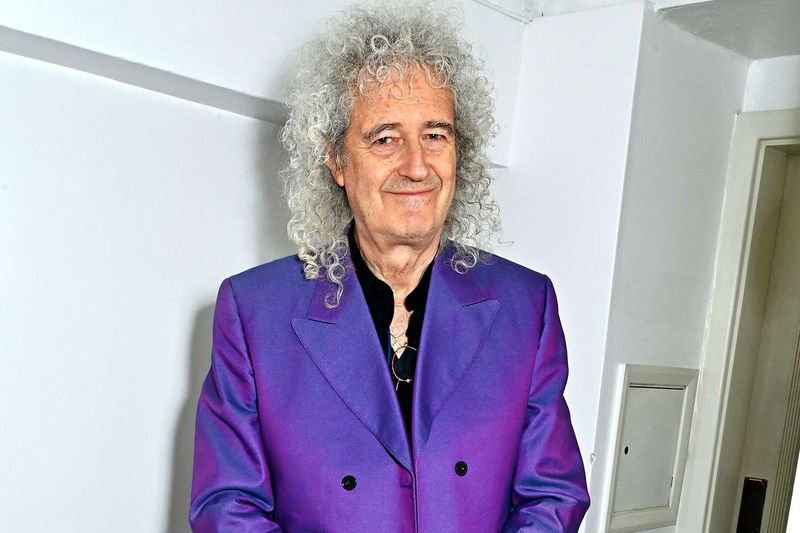
That distinctive guitar tone came from a homemade instrument and incredible talent. Queen’s music is timeless, and May’s guitar work is instantly recognizable to rock fans worldwide. His solos on songs like “Bohemian Rhapsody” and “Brighton Rock” are legendary among guitarists.
Rock fans loved his solo albums, which showcased his guitar virtuosity and songwriting. Critics praised his technical skills and compositional abilities. Guitar magazines featured him regularly, and fellow musicians cited him as an influence and inspiration.
Despite this respect, his solo career never achieved Queen-level visibility or commercial success. The general public didn’t embrace his solo work the way they did Queen’s catalog. Without Freddie Mercury’s vocals and Queen’s theatrical presentation, something was missing.
May’s solo albums remained niche products for dedicated fans. His career demonstrates that being a guitar legend doesn’t guarantee solo success, as the magic of great bands comes from the combination of all elements working together in perfect harmony.
20. Nick Carter (Backstreet Boys)

Blond hair and boy-next-door looks made him the heartthrob of the Backstreet Boys. As one of the lead vocalists, his voice was featured prominently on their biggest hits. Teen magazines covered him constantly, and his fanbase was enormous during the group’s peak years.
His solo album showed genuine effort and featured decent pop songs that showcased his vocals. Critics noted his attempts to mature beyond the boy band sound. He worked with respected producers and tried to establish himself as a serious solo artist.
Unfortunately, his solo work had limited mainstream reach, failing to chart significantly or receive substantial radio play. Even his dedicated fanbase didn’t embrace his solo material as enthusiastically as expected.
The problem was timing and market saturation—too many boy band members were trying solo careers simultaneously. Carter couldn’t differentiate himself enough to stand out. His solo career became a footnote rather than a new chapter, proving that being the heartthrob doesn’t guarantee solo success when everyone else is trying the same thing at once.
21. Zayn Malik (One Direction)
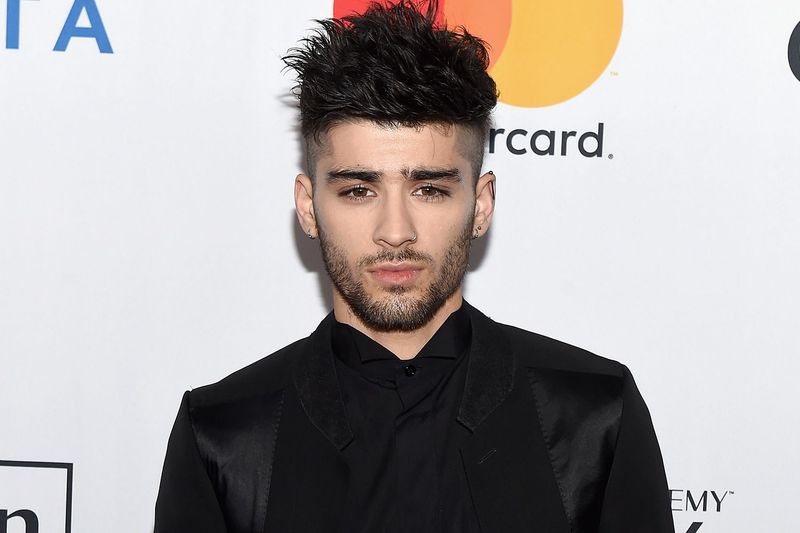
When he left One Direction, the internet practically exploded with reactions and speculation. His departure was huge news, and fans were both heartbroken and curious about his next move. One Direction was the biggest boy band in the world, and Zayn was leaving at their peak.
His first solo single “Pillowtalk” was a massive hit, debuting at number one and showcasing a more mature, R&B sound. The accompanying album also performed well initially, and it seemed like he’d successfully transitioned to solo stardom. Music critics praised his artistic direction and vocal performances.
However, his momentum fizzled surprisingly fast as subsequent albums underperformed dramatically. Later releases barely made a dent in the charts, and public interest waned quickly. Inconsistent promotion, limited public appearances, and a reclusive persona hurt his career.
By his third album, Zayn had largely disappeared from mainstream conversation. His career shows that even huge initial success doesn’t guarantee longevity, especially when you don’t maintain visibility and connection with your audience consistently.
22. Fergie (Black Eyed Peas)
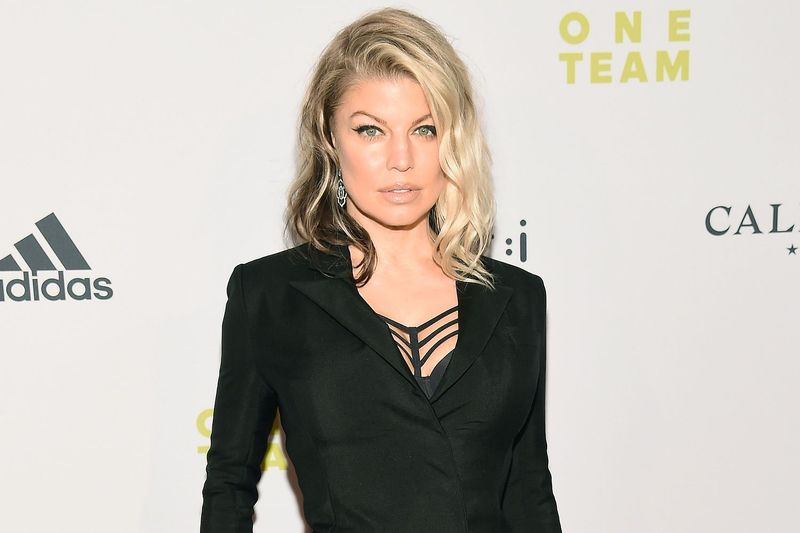
Her addition to the Black Eyed Peas transformed them from underground hip-hop to pop superstars. The group dominated the late 2000s with massive hits and sold-out tours worldwide. Fergie’s voice and star power were central to their commercial breakthrough and continued success.
Her debut solo album “The Dutchess” was absolutely massive, spawning multiple number-one hits like “Big Girls Don’t Cry” and “Glamorous.” She proved she could succeed independently, and the album sold millions of copies. Critics and fans alike embraced her solo work enthusiastically.
Unfortunately, her long-delayed sophomore album “Double Dutchess” was a commercial disappointment, arriving over a decade later. Musical trends had changed, and her sound seemed outdated to younger audiences.
The album failed to produce significant hits, and reviews were mixed at best. Fergie’s solo career stalled, and she eventually returned to the Black Eyed Peas. Her story shows that long gaps between albums can kill momentum, and staying relevant requires consistent presence and adaptation to changing tastes.
23. Gwen Stefani (No Doubt)
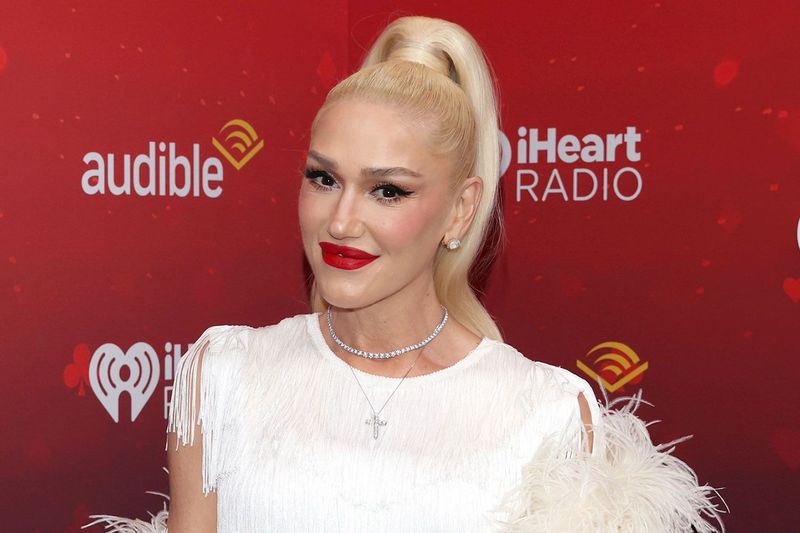
Ska-punk princess turned pop superstar, her transformation was remarkable to witness. No Doubt had massive success in the ’90s, and Stefani’s unique style made her a fashion icon. Her personality and voice were instantly recognizable and beloved by fans worldwide.
Her early solo albums, especially “Love. Angel. Music. Baby.,” were huge commercial successes with hits like “Hollaback Girl.” She dominated pop radio and MTV, proving she could thrive without No Doubt. Critics praised her reinvention and ability to adapt to contemporary pop sounds.
However, later solo attempts didn’t sustain that hype or achieve similar commercial success. Subsequent albums received mixed reviews and weaker sales. Her sound became less distinctive, and younger audiences gravitated toward newer artists.
While she remained famous and found success as a coach on “The Voice,” her solo music career cooled significantly. Stefani’s experience shows that even massive early solo success doesn’t guarantee lasting dominance, as maintaining relevance requires constant reinvention and luck in an ever-changing pop landscape.
24. Omarion (B2K)
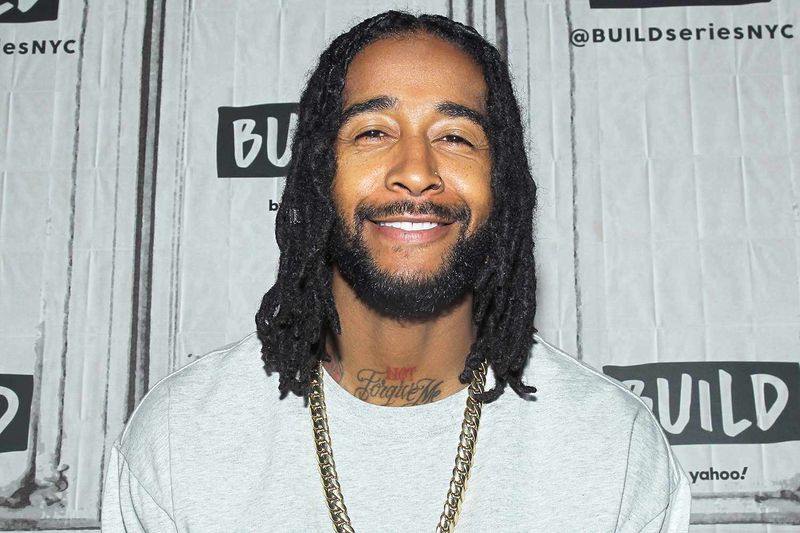
Smooth moves and a silky voice made him the standout member of early 2000s R&B group B2K. The group had several hits and a successful movie, capturing the attention of young R&B fans. Omarion’s talent was obvious, and many predicted he’d become the next big R&B superstar.
He had early solo hits like “O” and “Ice Box” that performed well on R&B and pop charts. His first albums showed promise, and he seemed positioned for long-term success. Critics noted his dancing abilities and compared him favorably to other R&B stars.
Unfortunately, his solo career never reached the superstardom many predicted, despite his obvious talents. Later albums underperformed, and he struggled to maintain mainstream relevance. Competition in R&B was fierce, and newer artists captured the spotlight.
Omarion remained active in music but never broke through to the top tier. His career demonstrates that early hits and talent aren’t enough—timing, luck, and staying power matter just as much in achieving lasting superstardom in the competitive R&B landscape.
25. Nicole Scherzinger (The Pussycat Dolls)

An incredible vocalist with stunning stage presence, she was clearly the lead talent in The Pussycat Dolls. The group had massive hits like “Don’t Cha” and “Buttons,” dominating mid-2000s pop. Scherzinger sang the vast majority of the vocals, making her the obvious breakout star.
Despite her obvious talent and heavy promotion, her solo albums repeatedly stalled commercially. Record labels invested significantly in her solo career, but singles failed to catch on. Critics often praised her vocal abilities but noted the songs themselves lacked memorable hooks or distinctiveness.
Multiple album releases were delayed or canceled entirely, creating a pattern of false starts and disappointments. Her solo career became almost cursed, despite everyone agreeing she had superstar potential.
The problem seemed to be finding the right material and direction. Scherzinger found more success as a TV personality and judge than as a solo recording artist. Her career is one of music’s great mysteries—incredible talent that somehow never translated to solo success despite every advantage and opportunity imaginable.

Comments
Loading…